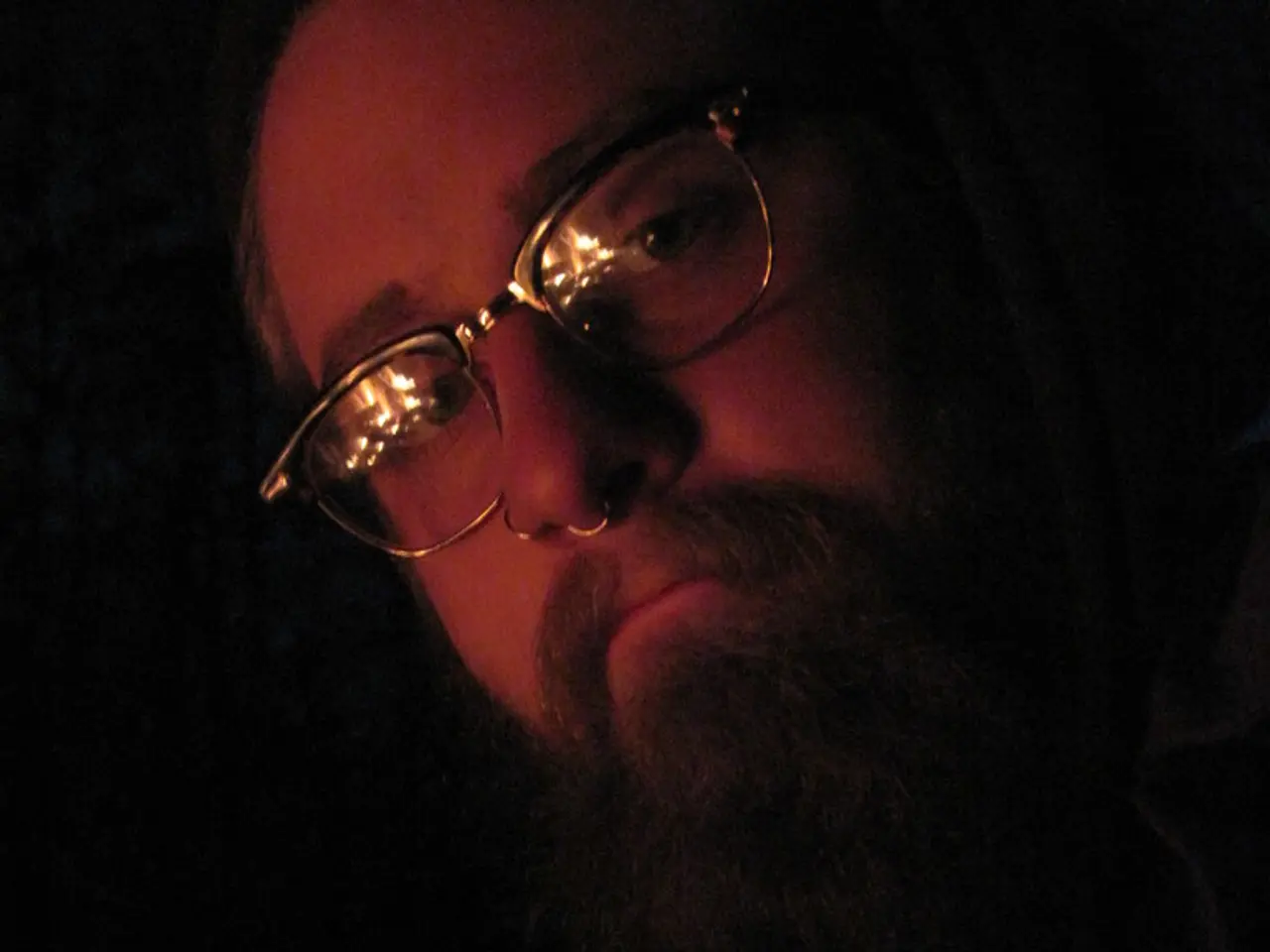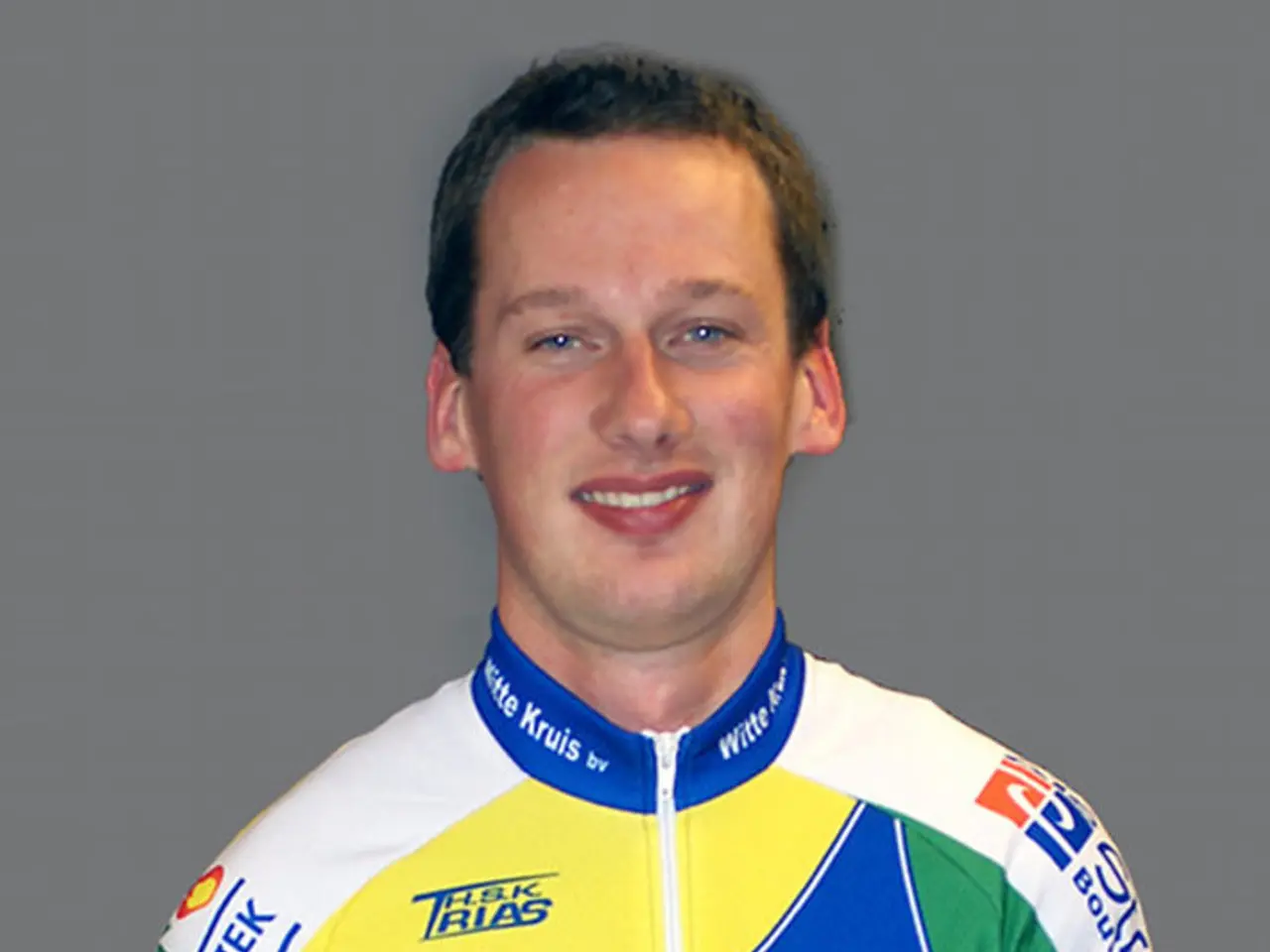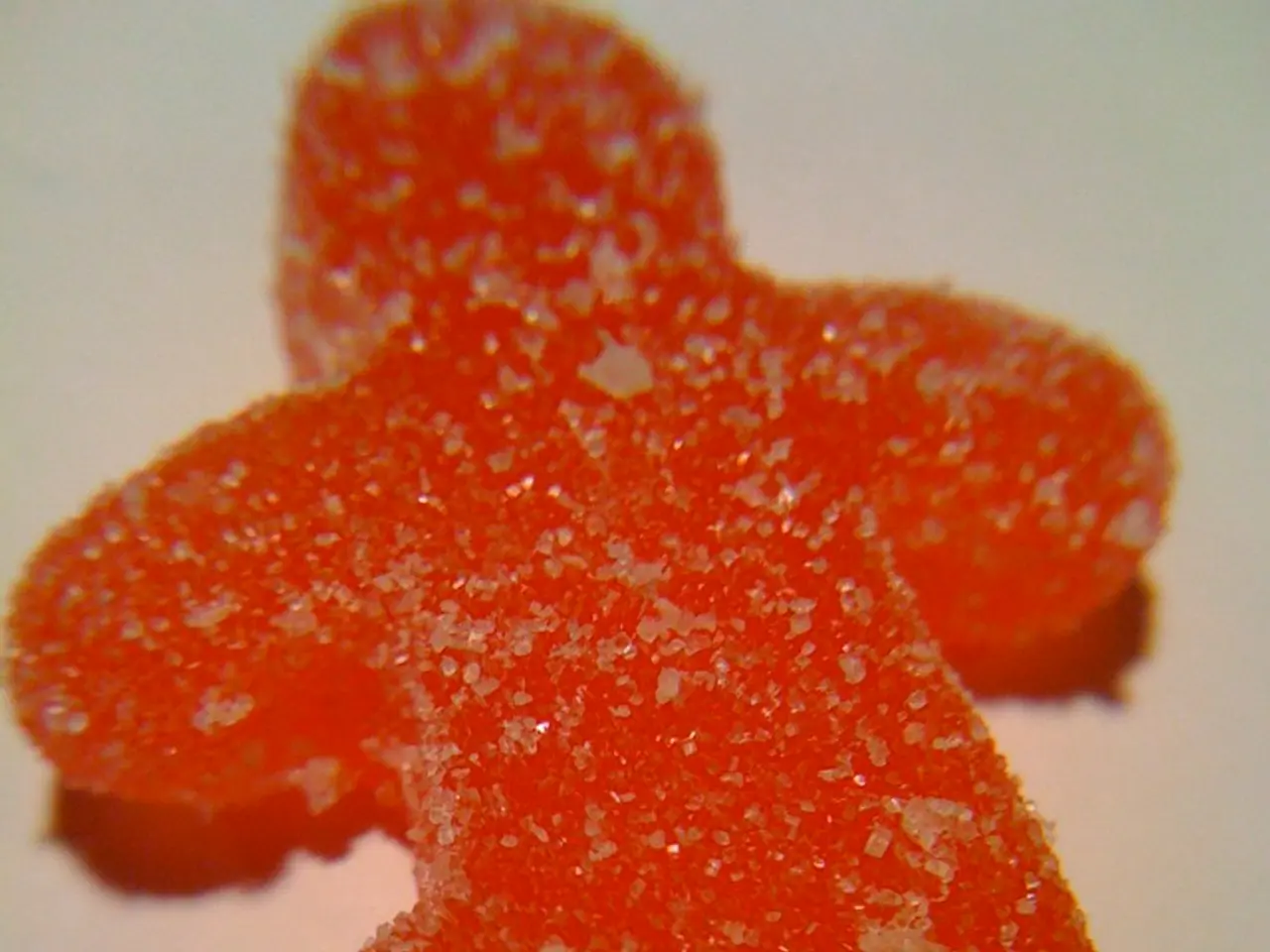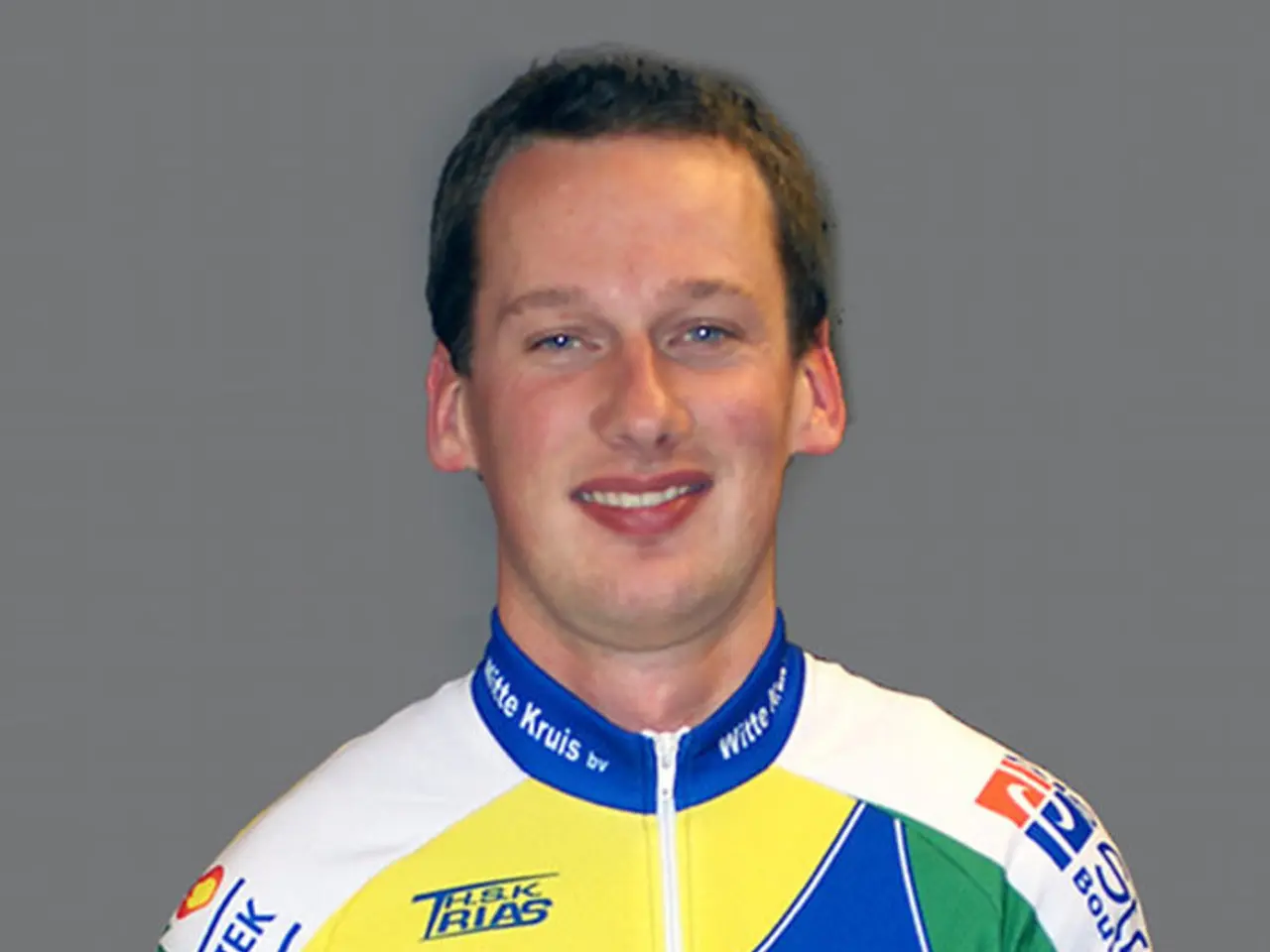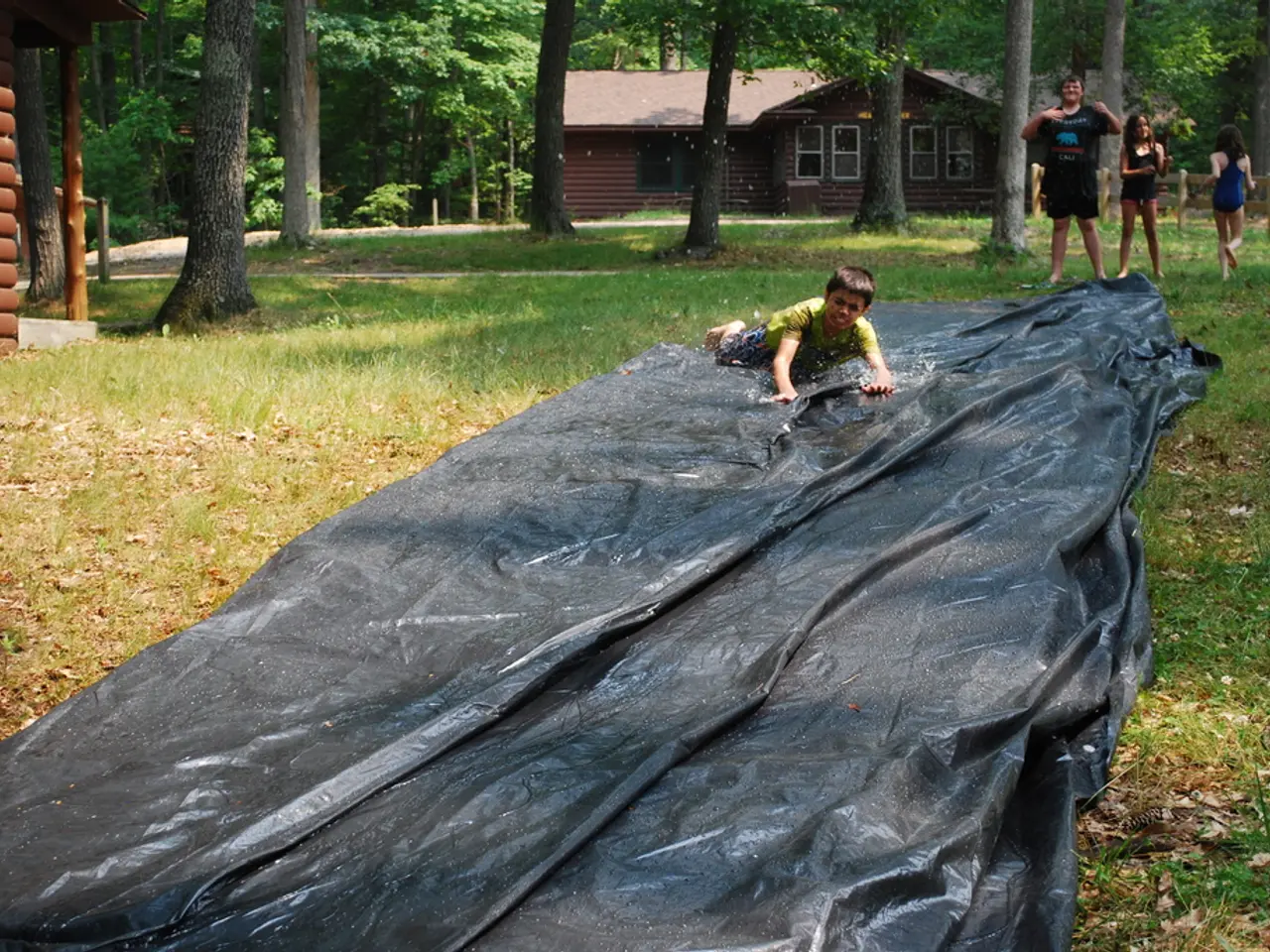Fan trend draws response from Makhachev
Islam Makhachev, a Russian mixed martial artist from Dagestan, has found himself at the centre of an unexpected trend. His distinctive beard style, characterised by the growth of a beard but the absence of a mustache, has caught the attention of fans worldwide, who are now adopting the look.
However, Makhachev's beard style isn't just a fashion statement; it carries historical and cultural significance in the Caucasus, a region where beards have long been a symbol of masculinity, piety, and social status.
The Historical and Cultural Context
The region's Muslim societies have traditionally viewed beards as a sign of religious devotion and maturity. During the Soviet Union, religious practices were heavily suppressed, and beards were sometimes banned due to their association with resistance to Soviet secularism.
After the collapse of the Soviet Union, religious expression resurged, but it did so in a context of conflict, particularly in Chechnya and neighbouring regions. Certain beard styles became associated with Salafism or more radical Islamic ideologies, influenced by Saudi and Gulf religious teachings.
Beard Styles and Religious Radicalism
The association between specific beard styles and religious radicalism in the Caucasus is complex. Because some Islamist militants and insurgents in the North Caucasus wore distinctive beards, local authorities and Russian security forces began to associate these styles with potential extremism.
This created a stereotype whereby men growing particular beard styles were sometimes viewed as suspect or radicalised, even if they were not involved in militancy.
Makhachev's Reference
Makhachev's humorous comment about being put under surveillance refers to these historical rumours from the 2000s, where men with similar beard styles in Caucasian republics were supposedly subjected to special surveillance as potential religious radicals.
For Makhachev and many others in the region, the beard is not just a religious or personal grooming choice but can carry social implications and invite scrutiny or stereotyping due to the association with religious radicalism fostered by political and security tensions in the region.
Significance
Growing a beard can be a form of religious or cultural expression, especially in the face of political control or stigma. The tendency to read beard styles as indicators of radicalism has led to social suspicion, discrimination, and sometimes repression of ordinary practitioners of Islam.
The relationship between beard styles, religious identity, and radicalism in the Caucasus cannot be understood apart from the broader historical, political, and religious struggles in the region.
As Makhachev prepares for his title fight against Jack Della Maddalena in the welterweight division, his beard style continues to spark interest and conversation, serving as a reminder of the complex and nuanced history of the Caucasus.
Sports bookmakers may find Islam Makhachev's distinctive beard style, reminiscent of the Caucasus region's historical and cultural significance, an interesting factor when determining odds for mixed-martial-arts events, as the beard style carries social implications and can invite scrutiny or stereotyping in the context of the region's historical, political, and religious struggles.
Makhachev's beard, which carries a long-standing symbol of masculinity, piety, and social status in the Caucasus, might even stir conversations among fans about the complex history and religious identity of the region, echoing the ongoing debate surrounding the relationship between beard styles, religious identity, and radicalism in the Caucasus.
